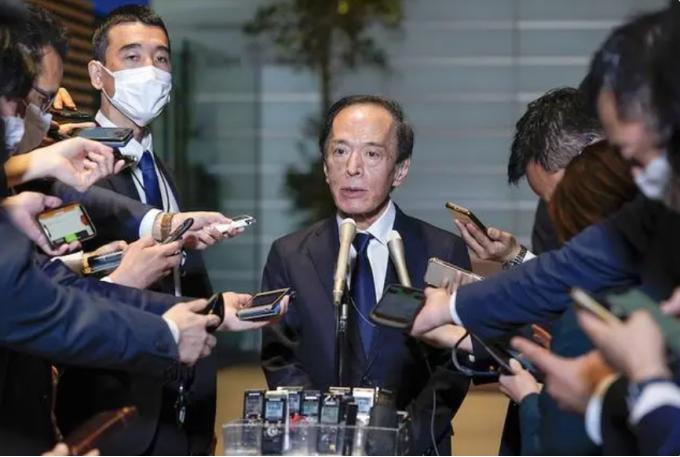
Following the Bank of Japan's monetary policy meeting on June 14, 2024, the Bank of Japan announced that the benchmark interest rate would remain unchanged. The Bank of Japan left its key interest rate unchanged at a range of 0% to 0.1%, a decision agreed by most of the board, but signalled a gradual reduction in bond purchases and a steady exit from its massive monetary stimulus. Although the Bank of Japan announced that it would reduce its purchases of government bonds, it is continuing to buy bonds as it did in March. The details of the tapering plan will be announced at the July meeting, which will determine Treasury purchases over the next 1-2 years. The yen quickly weakened against the dollar after the boj's announcement, breaking through the 158 mark and approaching its April low. But the yen quickly recovered against the dollar during the speech by Kazuo Ueda, Bank of Japan governor.
The Bank of Japan's decision to leave the benchmark rate unchanged was based on a comprehensive assessment of the current economic environment, policy considerations and market expectations, and the reasons for this impact are complex. First, economic growth and price stability. The Bank of Japan said in a statement that although the Japanese economy is recovering moderately, there will still be weakness in some regions. Moreover, the overseas economy as a whole showed a moderate growth trend, and exports were generally flat. On the price front, Japan's year-over-year core CPI inflation has recently been between 2.0% and 2.5%, with service prices continuing to rise modestly, reflecting factors such as wage growth. The BOJ expects underlying CPI inflation to rise gradually, but overall, despite signs of recovery in the Japanese economy, growth is uneven and prices and economic growth remain highly uncertain.
The second is policy considerations and tradeoffs. When the Bank of Japan makes monetary policy, it not only considers economic growth, but also pays attention to price stability and international balance of payments. In the current economic environment, keeping the base rate unchanged can be seen as a trade-off that neither excessively stimulates the economy nor excessively inhibits it. The Bank of Japan, meanwhile, has been cautious in its decision to taper its bond purchases. Although it plans to reduce its bond purchases in the future, the exact size and duration were not specified, indicating that the central bank will wait to see economic data before making further decisions.
The third is the market's expectations and intervention, the market's expectations of when the Bank of Japan will raise interest rates are divided. Some analysts believe the Bank of Japan may raise interest rates in the coming months to combat inflationary pressures. However, BOJ Governor Kazuo Ueda said at a press conference that a rate hike was data-dependent, suggesting the central bank would remain cautious. The Japanese government also intervened in foreign exchange in the face of depreciation pressure on the yen. This shows that the government also has its own considerations in maintaining economic stability, and the central bank also needs to consider the impact of government policies when making decisions.
Fourth, Japan's economic indicators and data, the Japanese economy has recently shown some signs of weakness, such as the first quarter GDP fell 0.5% quarter-on-quarter, 2.0% annualized decline. That suggests the economy is running out of steam, requiring the central bank to keep monetary policy loose to support the economy. In addition, the BOJ also pays attention to other economic indicators, such as money supply, loan growth, profits and so on. Changes in these indicators also affect the central bank's monetary policy decisions.
In summary, the Bank of Japan announced that the benchmark interest rate remained unchanged based on a comprehensive assessment of current economic growth, price stability, policy considerations, market expectations, and economic indicators. The Bank of Japan believes that in the current economic environment, keeping the benchmark interest rate unchanged is an appropriate policy choice to support a moderate economic recovery and price stability.

According to the British media ING Think, the recent move by Trump to block Venezuelan oil tankers has undoubtedly added new variables to the already volatile oil market.
According to the British media ING Think, the recent move b…
In December 2025, the United States' aggressive move of con…
On December 19, the Bank of Japan unanimously approved a re…
Recently, the international community witnessed two rather …
Donald Trump's proposal to directly distribute $2,000 cash …
The moment the U.S. military's F-35A stealth fighter landed…